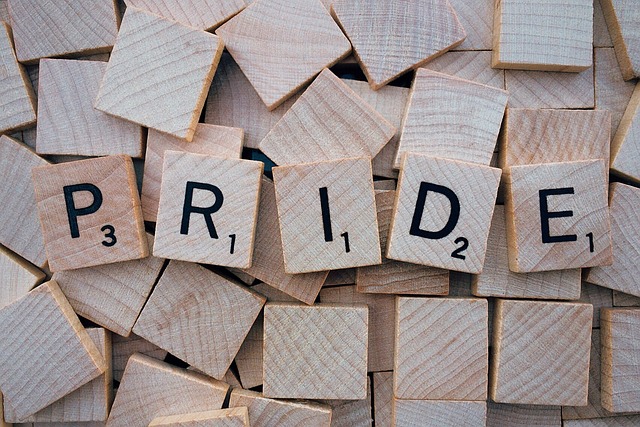 The Power of Pride
The Power of Pride
I am continuing to make my way through David DeSteno’s book Emotional Success. I just finished his thought provoking chapter on pride and compassion.
To review his line of reasoning is that the traditional use of will-power and self-control to shift your focus from short term pleasure to long term investment is not very effective. It is not effective for a number of reasons but in this context, it is not effective because you are battling some core, evolutionary, human nature and emotions.
Instead, he suggests, why not use emotions to do the heavy lifting? Why not leverage how we are already wired to help us get what we need? In a sense; “If you can’t beat ‘em, join ‘em!”
The first emotion he reviewed and suggested was gratitude. He showed the link between how when you are grateful you are more able to act from a place of abundance and share with others including your future self.
Gratitude shifts your mindset to longer-range future improvements. Gratitude enables you work longer and harder on problems – gratitude gives you grit. Gratitude also makes you healthier, and one would assume happier.
Linked to gratitude is compassion. Gratitude makes you more willing to expand your social bubble and care for others. Having compassion for others give you more compassion for the wellbeing of yourself and your future self.
But, what about pride? Is that not one of the deadly sins? How can we use pride to positively change our focus in a good way and avoid the dark side of pride, hubris?
Pride, it seems, evolved as a way to support specialization in the human social construct. If you were good at something, or demonstrated a mastery of something, you were socially praised and rewarded for it. This enhanced the success of the whole tribe in turn. Your specialization gave the tribe a specific success skill they needed.
This social respect in the form of praise causes people to sacrifice to achieve the praise. The positive social feedback of pride drives an individual to mastery of important skills. Mastering those skills requires sacrificing short term pleasure for long term gain.
That pride influences your decision making. That pride in ourselves is a form of self-awareness. This positive manifestation of pride creates a feedback loop where your pride keeps you from giving up and puts more value on the future. As the praise increases the motivation increases.
Just thinking about pride can change the way we act.
In one study, that seems a bit cruel, they plopped down a nice cake in front of people who were trying to lose weight. For a third of the people they told them to think about the feeling of pride they would have if they resisted eating the cake. For another third they told them to think about the shame they would feel for eating the cake. For the remaining they told them nothing.
What do you suppose the results were? 40% of those focused on future pride were able to resist the cake altogether. 19% of the control group (those who were told nothing) resisted. 11% of the shame group was able to resist. Pride is an emotion you can leverage to improve your future focus and your odds of success.
How do you create or influence this positive pride? Again, it comes back to social interaction. You will do more to support your pride that is reinforced by the others in your tribe. Peer pressure, in a positive way, is a form of pride reinforcement. Group support is a great motivator.
Of course, the challenge in leveraging pride is that it has a dark side. If you remove the social element from the equation you cease to have positive pride and end up with hubris. It’s what you have pride in that matters.
This is where we can make a call back to Angela Duckworth’s Grit work. Like grit, pride stays positive when it is pride in the process, pride in the effort and pride in the positive impact it has on the community. Pride starts to go dark when it is pride in the results or pride in the inherent capabilities of the individual.
“For pride to work it must be paired with humility- a humility to know that no matter our skill set, each of us depends on what others have to offer.”
Pride, leveraged in an appropriate way is a positive emotion that will shift you to a future focus. Pride motivates us to work longer and harder for everyone’s benefit.
Hubris is a destructive version of self-pride. With hubris the power of pride as an emotion is inwardly focused on me and my achievements out of context with the social connection.
The trick is to focus your pride on the effort and the process not on yourself or the results.
